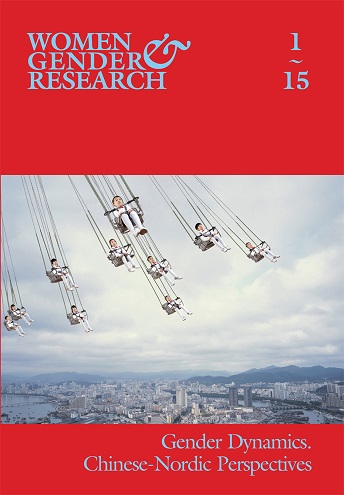Practices of Childcare in Urban China - The Making of Competent Mothering in Beijing
DOI:
https://doi.org/10.7146/kkf.v24i1.28512Resumé
Over the past decades, China's one-child policy and broader modernization project has paved the way for scientific approaches to childcare. While the emphasis on expert-led childcare promotes new practices of mothering, it also acts as a differential between those who are able to carry out these practices and those who are not. Taking its point of departure in the concept of intersectionality and in post-structural theories of subjectification, this article explores how mothers and child professionals in contemporary Beijing draw boundaries between those considered competent and incompetent in childcare. By analysing their stories on infant feeding, the article finds that older generations and rural people are demarcated as lacking new knowledge and thereby positioned as incompetent, while well-educated mothers are positioned as highly competent. However, the article also suggests that these positions are not stable but contain potentials for transformation.
Downloads
Publiceret
Citation/Eksport
Nummer
Sektion
Licens
Udgivelser i Kvinder, Køn og Forskning er beskyttet under Creative Commons License: CC Attribution-NonCommercial 4.0

